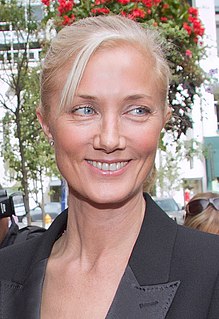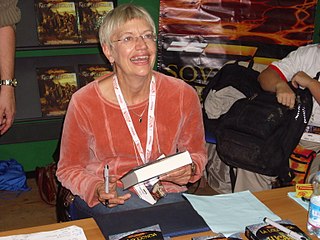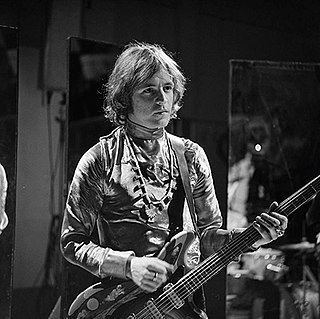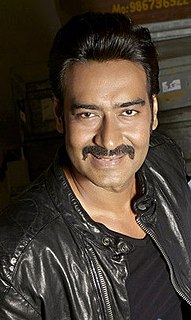A Quote by Whit Stillman
I would say on the other side of the equation that there were really some massive sales and massive enthusiasm for some films that were given big releases. And I'm not really sure that happens in quite the same way, small films getting big releases. Maybe it still does, I don't know.
Related Quotes
I feel that so many sci-fi films and films in general have just become really dependent on and addicted to CGI, and that some of the big CGI films of the summer, you see these effects that look like crap. You don't know if you're watching a cartoon or something that's real. And I didn't want to fall into that trap. I really thought there was a way to use a lot of these old techniques to do some new and really neat stuff.
You know," he said with unusual somberness, "I asked my father once why kenders were little, why we weren't big like humans and elves. I really wanted to be big," he said softly and for a moment he was quiet. "What did your father say?" asked Fizban gently. "He said kenders were small because we were meant to do small things. 'If you look at all the big things in the world closely,' he said, 'you'll see that they're really made up of small things all joined together.' That big dragon down there comes to nothing but tiny drops of blood, maybe. It's the small things that make the difference.
I want to diversify a bit. I don't wanna throw myself into another big blockbuster or another big franchise anytime soon. So smaller films, just small little interesting parts, I think I'd even like to play around with some really good supporting roles and then develop into - I don't know just like feel my way into it a bit more. I don't know, I'd love to try some theater. That's my other thing. I'd love to do some Shakespeare.






































